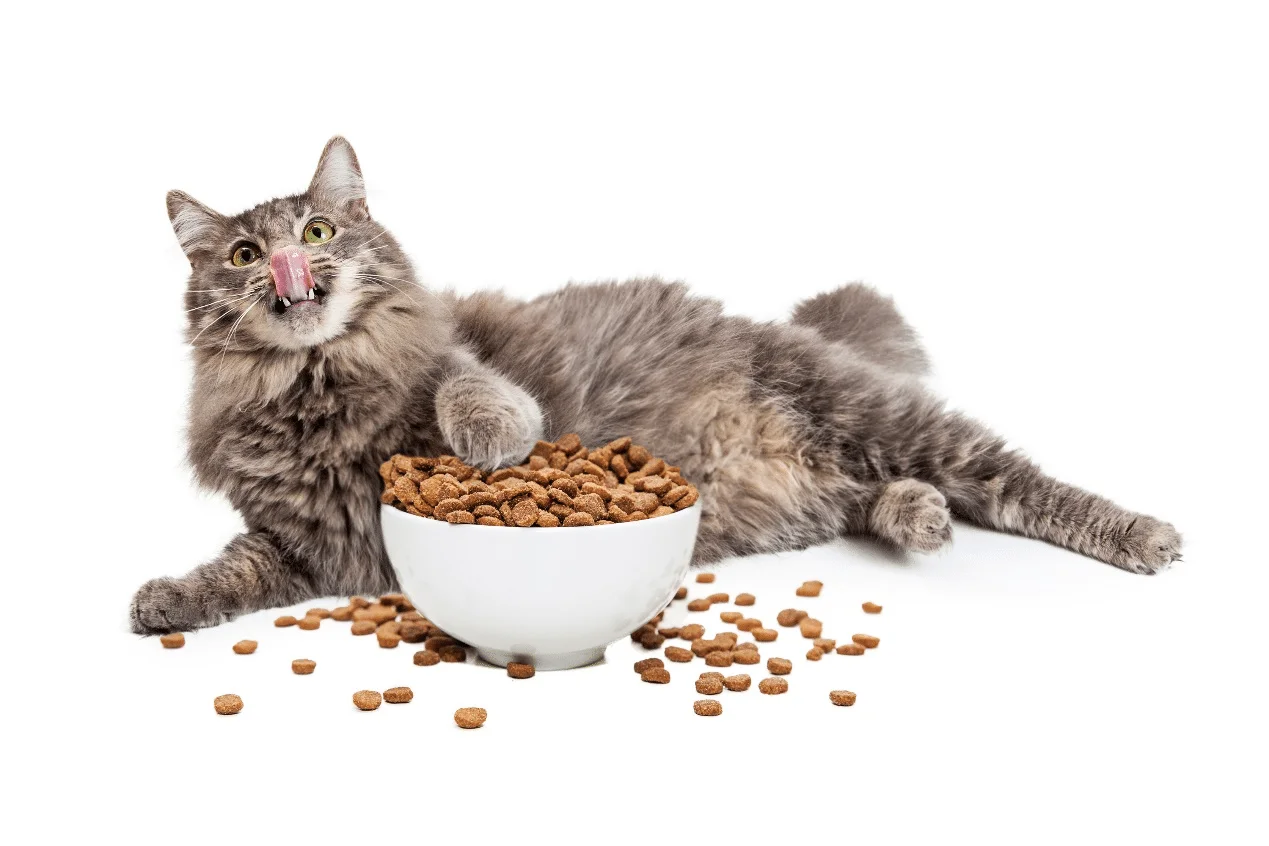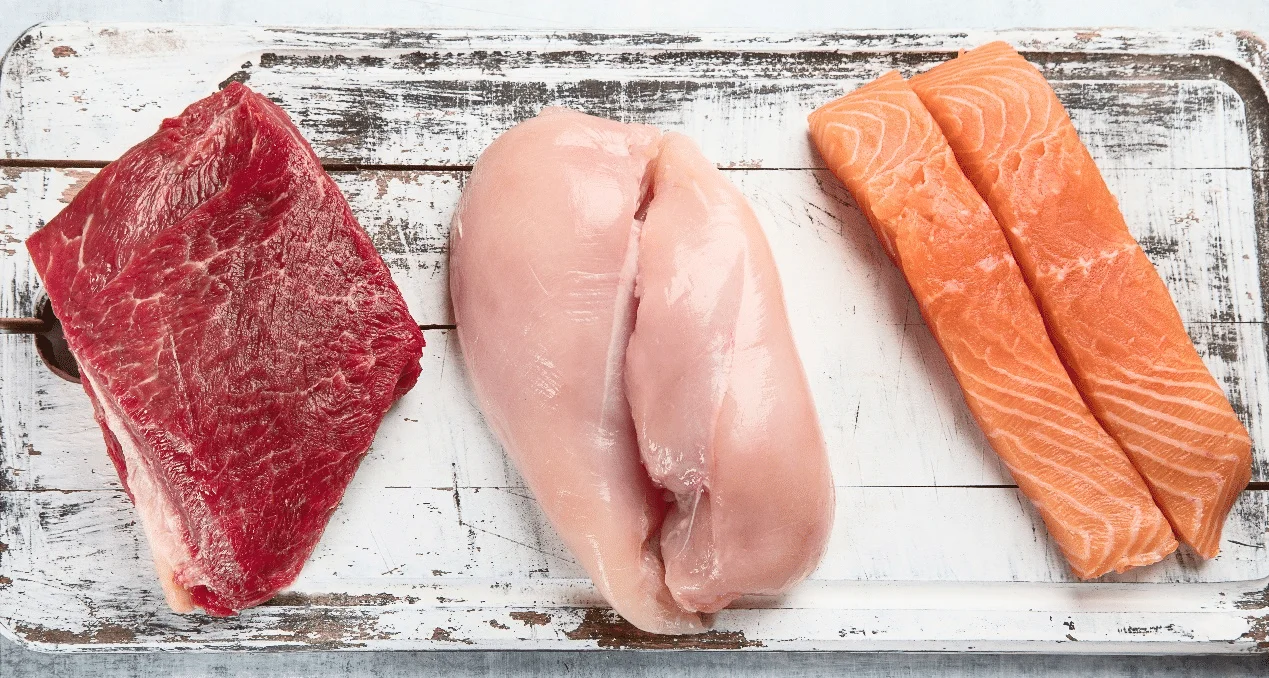Just like humans, pets go through different stages in life, and their nutritional needs change along the way. Understanding these changes helps pet parents provide the right care so their furry friends can grow strong, stay healthy, and enjoy a long, happy life. A thoughtful diet, tailored to the specific demands of each life stage, is the most crucial step in ensuring lifelong vitality and well-being.

Young pets are like little energy machines. Their bodies are working overtime to develop muscle, bone, and cognitive function, making nutrition at this stage foundational to their entire lives.
|
Key Nutritional Need |
Why It’s Essential |
|
High-Quality Protein |
Necessary to build and repair muscle tissue at a rapid pace. |
|
Calcium & Phosphorus |
Crucial minerals that must be balanced perfectly for strong bone and teeth development. |
|
Essential Fatty Acids (e.g., DHA) |
Supports brain and vision development (cognitive function), which is vital for learning and socialization. |
|
Vitamins A, D, and E |
Support rapid growth and help build a strong immune system. |
At this stage, balanced nutrition fuels not just physical growth but also cognitive development, making it crucial to choose food that supports learning and play.

Once pets reach adulthood, the focus shifts from rapid growth to maintenance and balance. Their energy needs stabilize, and the priority becomes preserving lean muscle mass and preventing disease.
· Protein Sources: Adults still need good protein sources to maintain muscle, but not in the excess amounts required during growth.
· Healthy Fats: These help maintain a shiny coat and provide steady energy.
· Fiber: Adequate fiber supports digestive health and efficient nutrient absorption.
· Antioxidants: These compounds help fight everyday oxidative stress and keep their immune systems strong.
Portion control is key during the adult stage, as their metabolism is less demanding. Too many calories can quickly lead to weight gain, which stresses joints and organs.
As pets age, their metabolism slows, and they may face common challenges like joint stiffness, weaker immunity, and digestive difficulties. Nutrition becomes a tool for gentle support and defense.
· Easily Digestible Proteins: Less strain on the digestive system and kidneys, while still maintaining muscle mass.
· Glucosamine & Omega-3 Fatty Acids: Joint-supporting compounds (like glucosamine) and omega-3 fatty acids work to soothe inflammation and support mobility.
· Fiber-Rich Diets: Helps keep digestion smooth and regular, compensating for a slower digestive tract.
· Hydration: Water intake becomes especially crucial in supporting kidney function.
· Antioxidants: Continued antioxidant intake supports brain and heart health.
Nutrition is more than just food—it’s about overall well-being. No single nutrient works alone; balance across proteins, fats, vitamins, and minerals is what truly keeps pets thriving at every stage.
Beyond the food bowl, pet parents must prioritize:
· Hydration: Consistent access to fresh, clean water is vital.
· Observation: Careful observation of changes in appetite, weight, and energy levels is vital to catch health issues early.
· Safe Treats: Treats should be given in moderation and factored into the daily calorie count.

At Phytopaw, we believe pets deserve gentle, natural care inside and out. While tailored nutrition builds health from within, external wellness is equally important for comfort and quality of life.
That’s why our products are crafted with soothing botanical ingredients—such as aloe vera, chamomile, and witch hazel—to maintain balance in skin, coat, and overall comfort. Together with a thoughtful diet tailored to their life stage, these plant-based solutions help pets enjoy optimal vitality and comfort at every stage of their happy lives.
1. National Research Council. Nutrient Requirements of Dogs and Cats. Washington (DC): The National Academies Press; 2006. doi:10.17226/10668.
2. FEDIAF European Pet Food. Nutritional Guidelines for Complete and Complementary Pet Food for Cats and Dogs. 2024 Edition.Available at: https://europeanpetfood.org/wp-content/uploads/2024/09/FEDIAF-Nutritional-Guidelines_2024.pdf
3. Jewell DE, Panickar KS, Mathison BD, et al. Effect of dietary antioxidants on free radical damage in dogs and cats. Animals (Basel). 2024;14(5):1001. doi:10.3390/ani14051001.
4. Tresch M, Mevissen M, Meli ML, et al. Medicinal plants as therapeutic options for topical treatment in canine dermatology?—A systematic review. BMC Vet Res. 2019;15:174. doi:10.1186/s12917-019-1854-4.